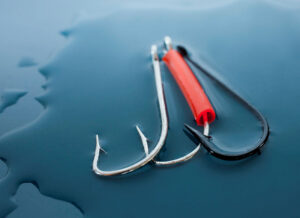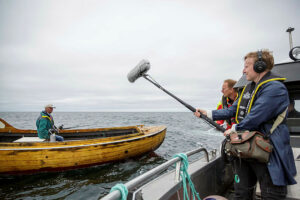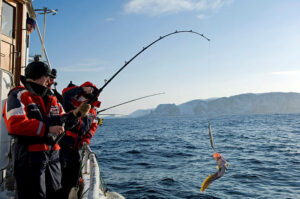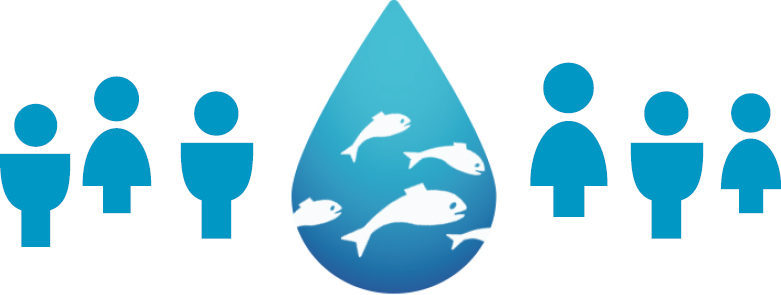How did the COVID-19 pandemic affect marine recreational fishing?
How did the COVID-19 pandemic affect marine recreational fishing?

Fishers reduced their fish consumption

[dss-hidden]Recreational fishers reported that they reduced physical activities and fish consumption during COVID-19, especially for advanced fishers because that recreational fishing was vital for their lifestyle and the consumption of the catch was essential.
Yet the opposite happened in Norway
While many of the other countries in the study experienced a decline in recreational fishing, especially during the initial shutdown, the exact opposite occurred in Norway. Sales of fishing sets at one of the Nordic region’s largest online sport fishing shops increased by 87% during March-September 2020 compared to the same period in the previous year. Also, the number of registered lobster fishers increased by 23% from 2019 to 2020.
Norwegian authorities encouraged outdoor activities

“This is among the highest participation rates in the world. Many other countries, including long coastal strips, are between one and seven per cent participation,” says marine scientist Keno Ferter. ”What is a little special is that in Norway it was allowed to go fishing. In fact, the authorities encouraged outdoor activities to deal with the situation. This was not the case in many other countries,” says the researcher.
Slept worse and got in a worse mood
In countries where fishing was restricted, many fishermen also experienced poorer sleep quality and mood, and more concerns for their own health, particularly among the advanced fishers.
”The restrictions have probably exacerbated the negative effects of the pandemic on the most engaged fishers,” says Ferter.
Source: Pita, Pablo mfl. First Assessment of the Impacts of the COVID-19 Pandemic on Global Marine Recreational Fisheries. Frontiers in Marine Science, 8 (2021).
